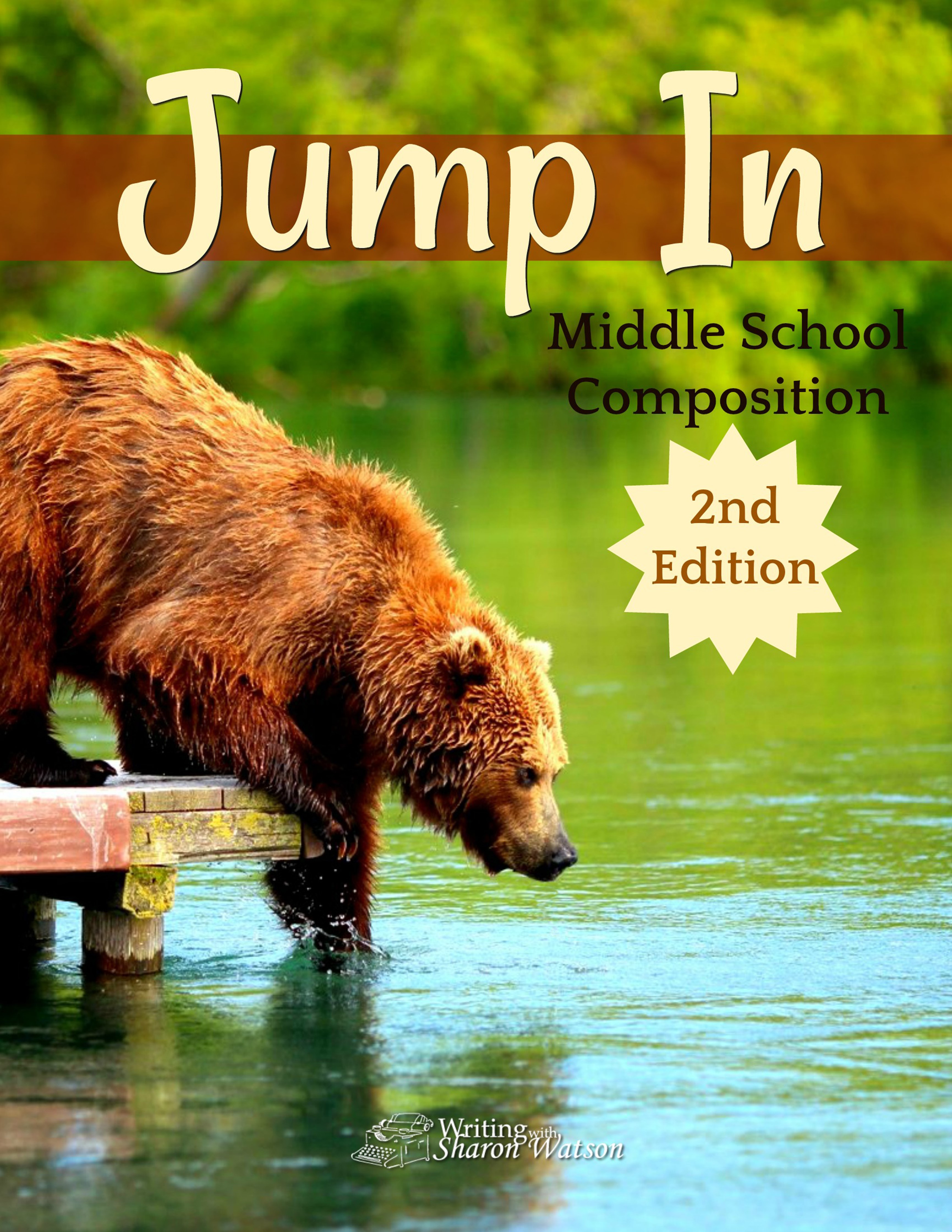Let’s give your students some practice in writing poetry!
With these guided prompts, your students do not have to “sit down and write a poem” but will surprise you by creating something fun and maybe even memorable. Here goes . . .
 1. List Poem
1. List Poem
Poems can be written about anything. Shel Silverstein is famous for this and for the variety of his poems.
For instance, “Hector the Collector” is basically a list of things the boy has collected, like “Bent-up nails and ice-cream sticks / Twists of wires, worn-out tires / Paper bags and broken bricks.” He calls them treasures, but others, alas, call them junk.
You can read the whole poem here.
Then there’s his poem “Sick,” in which a young girl, thinking it’s a school day, complains,
My leg is cut, my eyes are blue.
It might be instamatic flu.
I cough and sneeze and gasp and choke
I’m sure that my left leg is broke.
When she remembers it’s Saturday, her list of funny symptoms disappears.
Write your own list poem that tells a story.
2. An Answer to Nancy Hanks
Abraham Lincoln’s mother Nancy Hanks died when Abe was a child. She never knew the type of man he would turn out to be. There was nothing in his life at that point that would indicate his presidential greatness.
What if we could hear her thinking about her son and his future? Rosemary Benét and Stephen Vincent Benét did just that in a poem titled “Nancy Hanks.” In this poem, Abe’s mother worries about him being poor and all alone after her death, and she wonders how her son will turn out. Here is the first stanza:
If Nancy Hanks
Came back as a ghost,
Seeking news
Of what she loved most,
She’d ask first,
“Where’s my son?
What’s happened to Abe?
What’s he done?”
You can read the rest of the poem here.
Write a poem as a reply to Nancy Hanks’ worries. Tell her in poetry how her son turned out.
Or choose another famous person and write in poem form to the mother or father about their worries of how their child turned out.
3. Haiku
Haiku is a beautiful form of poetry perfected by the Japanese. Each haiku has a certain structure. The first line has five syllables, the second line has seven syllables, and the last line has five again.
Haiku poems are generally about something in nature, but you can create a haiku on any topic. Here’s one by Barbara Daningburg about, well, I’ll let you figure it out:
My yellow blooms move.
Winds swaying dandelions?
No! Finches took flight!
What a fun word picture of looking at what you think are flowers, but then the flowers fly away! This same scene actually happened to me at a park. I thought I was looking at little yellow flowers until they fluttered off. They were butterflies!
Here’s another by the same writer:
Oak’s dry winter leaves
Clatter like the sound of rain
Or bacon frying.
Here the poet has not captured a sight but sounds.
Now you try it. Write a three-line haiku and follow the structure of 5-7-5 syllables. Your haiku can be on any topic, though you’ll want to use the poem to capture just one thought.
*****
More Poetry Month Resources:
Would you like other poetry prompts? Here’s one on haiku.
Here’s another on the diamante poem.
Students use poetry to deal with a traumatic event (poem by Anne Bradstreet) >>
How did the birches get so bent? (“Birches” by Robert Frost) >>
Here’s one based on Joyce Kilmer’s “Trees.” >>
Students will get a kick out of Edgar Allan Poe’s “The Bells” here.
James Whitcomb Riley’s “When the Frost Is on the Punkin” teaches many types of figurative language.
Sports and poetry combine in this prompt!
Got any cowboys or cowgirls at home? They’ll like this prompt.
And let’s not forget the sonnet. You can find instructions for one here.
Want more prompts? Enjoy our Middle School Prompts and our High School Prompts.
*****
A version of this prompt was first posted on SchoolhouseTeachers.com. You can go directly to SchoolhouseTeachers.com to sign up and take advantage of many exciting courses written for students in grades K-12.
This post contains affiliate links.












